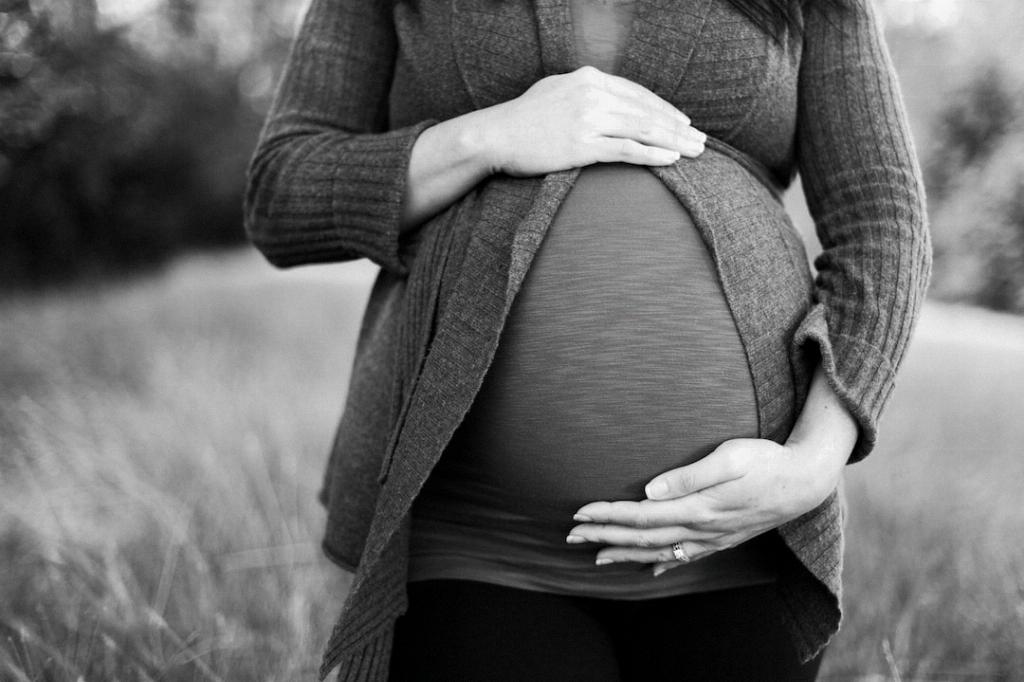When facing the uncertainty of whether you are pregnant or just experiencing your usual menstrual cycle, it’s essential to recognize the distinctive signs that set the two apart. One crucial distinction is the absence of a period during pregnancy, a clear indicator that something different may be happening in your body.
Morning Sickness and Nausea: Pregnancy’s Tell-Tale Sign
One of the classic symptoms associated with pregnancy is morning sickness, including feelings of nausea and possibly vomiting. These symptoms are often absent or less severe during premenstrual syndrome (PMS), serving as a potential clue to differentiate between the two conditions.
The Role of Hormones in Detecting Pregnancy
During early pregnancy, hormonal changes occur rapidly, leading to various physical and emotional transformations. These hormonal shifts can manifest in symptoms such as breast tenderness, fatigue, and mood swings, unlike those experienced solely due to menstruation.
Duration and Regularity: Impacts on Identifying Pregnancy
Monitoring the duration and regularity of your menstrual cycle can also offer insights into whether you might be pregnant. Any deviations from your typical cycle pattern, especially when coupled with other symptoms like light spotting or cramping, could indicate a potential pregnancy.
Understanding the Concept of Implantation Bleeding
Implantation bleeding, which occurs when a fertilized egg attaches to the uterine lining, is a unique feature of early pregnancy. This light spotting can be mistaken for a light period but typically differs in consistency and duration, providing a clue to the underlying cause.
Consideration of Lifestyle and Behavioral Changes
Being attuned to any sudden shifts in your lifestyle or behavior can also aid in discerning between pregnancy and menstruation. Changes in dietary preferences, heightened sensitivity to smells, or an increased need for rest may suggest the presence of pregnancy-related alterations.
Medical Testing: Confirming Pregnancy with Accuracy
While observing symptoms can offer initial insights, the most definitive method of determining pregnancy is through medical testing. Home pregnancy tests and laboratory analyses of blood or urine samples can provide accurate results and confirm the presence of pregnancy hormones.
Consultation with Healthcare Professionals
When in doubt or experiencing conflicting symptoms, seeking guidance from healthcare professionals is crucial. Obstetricians, gynecologists, or primary care physicians can offer expert advice, perform diagnostic tests, and address any concerns or uncertainties you may have.
Emotional Awareness and Psychological Impact
Dealing with the uncertainty of potential pregnancy or menstrual changes can evoke a range of emotions, from excitement to anxiety. Being mindful of your emotional responses and seeking support from loved ones or counselors can help navigate this challenging period with greater ease.
Preparing for Possible Outcomes: Pregnancy or Menstruation
Whether the eventual revelation indicates pregnancy or the onset of menstruation, maintaining a proactive approach to your health and well-being is essential. Adopting healthy habits, staying informed about reproductive health, and being prepared for either scenario can empower you to face the future with confidence.
Final Thoughts: Trusting Your Intuition and Seeking Clarity
Ultimately, the journey of determining whether you are pregnant or getting your period involves a blend of physical observations, emotional awareness, and medical guidance. Trusting your intuition, being attentive to your body’s signals, and seeking clarity through professional assistance can lead you towards understanding and embracing the changes unfolding within you.
Empowering Decisions and Personal Well-being
By acknowledging the nuances between pregnancy and menstruation, empowering yourself with knowledge, and approaching the situation with a balanced perspective, you can navigate this transformative phase of life with resilience and self-assurance. Remember that each individual’s journey is unique, and whatever the outcome may be, prioritizing your well-being and making informed decisions paves the way for a healthier and more fulfilling path ahead.

